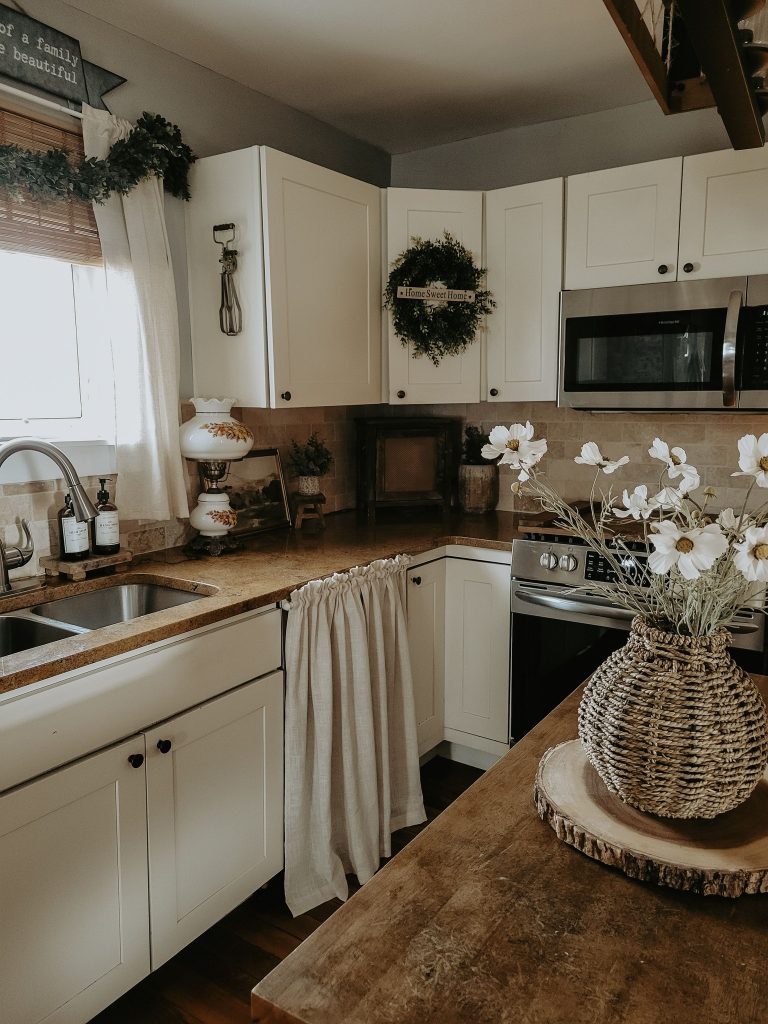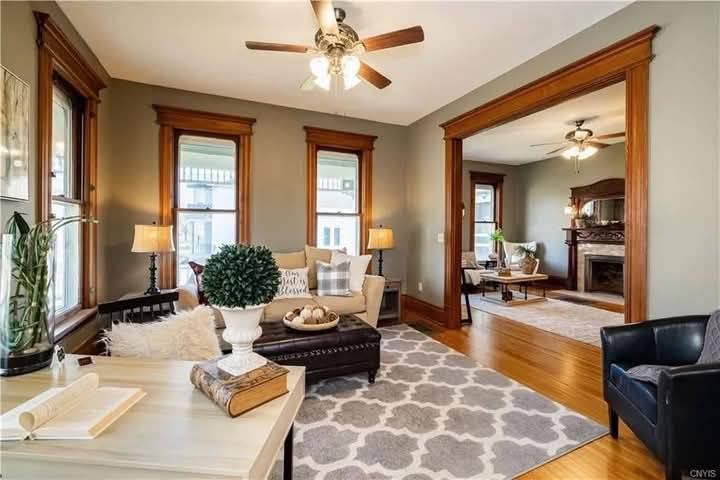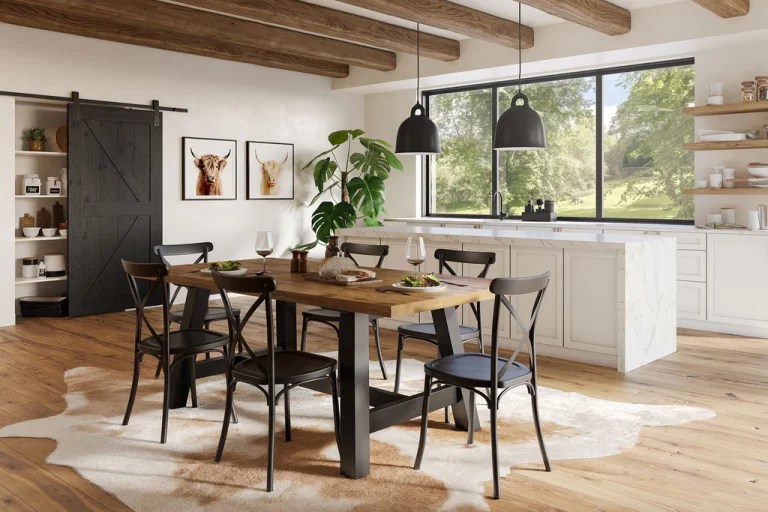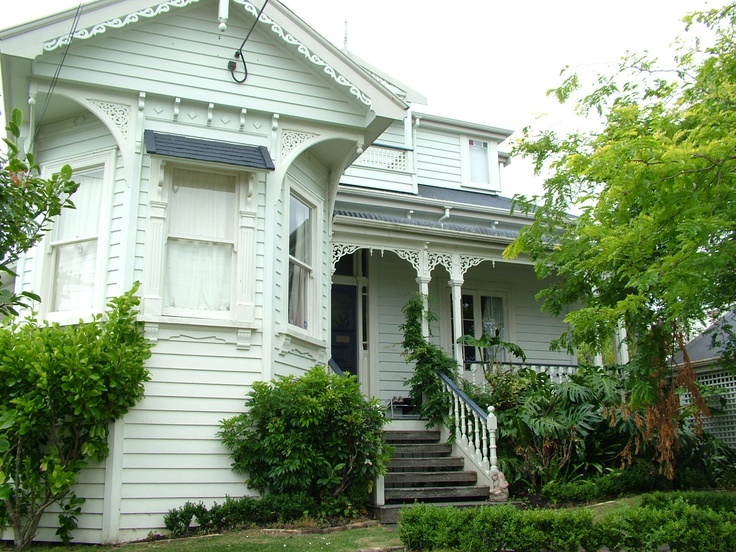Buying a cheap old house is an appealing option for those with a limited budget or who want to invest in real estate with potential for value appreciation. However, despite the low price, owning and renovating an old house can come with hidden costs. To help you save money when purchasing a cheap old house, here are some essential tips to keep in mind.
1. Thoroughly Research the Market and Location
Location is the first crucial factor when buying a cheap old house. Areas outside the city center or in developing regions may have lower home prices but offer growth potential in the future. Take time to research lesser-known areas that may provide long-term value, rather than focusing solely on famous, expensive locations.
Additionally, use online tools to compare home prices in different regions, helping you identify the best choice within your budget.
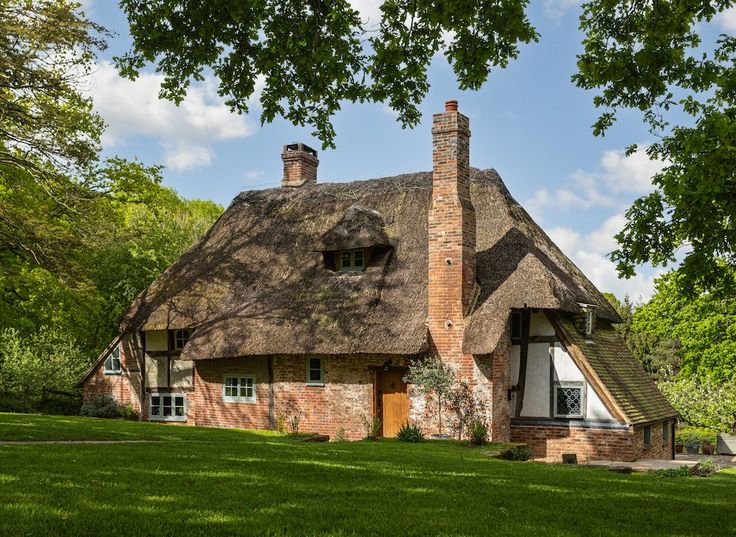
2. Plan Renovations and Upgrades Carefully
Cheap old houses often require repairs and renovations, and having a clear renovation plan can help you save money. First, identify which repairs are essential and which ones can be postponed or avoided. You may be able to do some basic tasks, such as painting walls or replacing old furniture, while structural issues or plumbing and electrical systems should be inspected and fixed by professionals.
If you’re skilled, consider doing some of the work yourself to save on labor costs. However, keep in mind that serious structural issues should always be handled by experts.
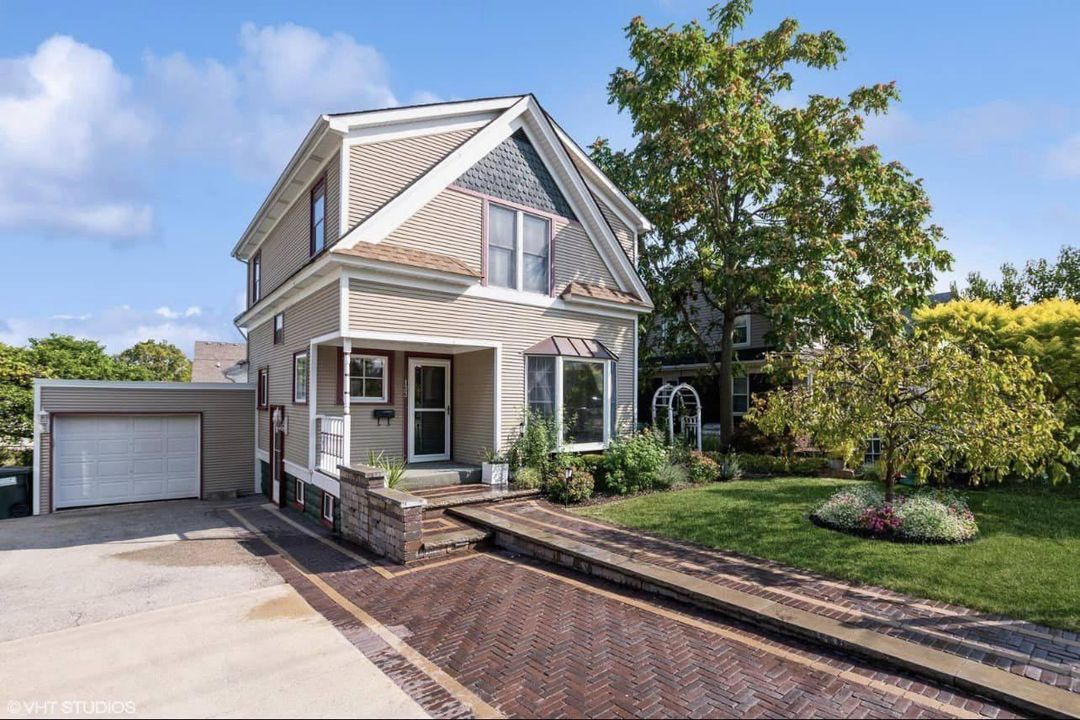
3. Conduct a Thorough Inspection Before Buying
Before purchasing a cheap old house, don’t overlook the importance of a home inspection. Hiring an expert to inspect the property will help you identify potential issues like termite damage, cracks in the foundation, or outdated electrical and plumbing systems. These issues could end up costing you a significant amount to fix after the purchase.
Moreover, it’s essential to review the property’s legal documents to avoid unexpected expenses. Investigate any outstanding property taxes, preservation regulations, or other legal matters that could lead to hidden costs.
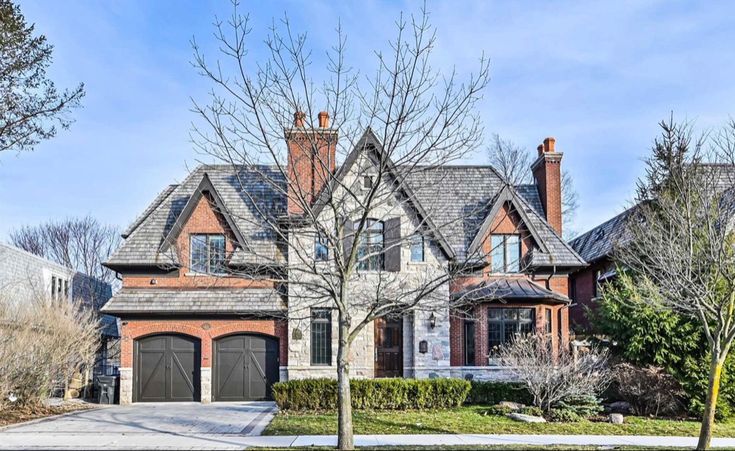
4. Negotiate the Purchase Price
Don’t hesitate to negotiate the price with the seller. If you discover issues that need repairing or if the house has been on the market for a while without selling, you might be able to request a price reduction. Especially if the seller is in a hurry to sell or wants a quick transfer, there may be room to lower the price.
You can also negotiate other costs within the contract, such as transfer fees or maintenance charges.
5. Take Advantage of Financial Assistance and Tax Benefits
When purchasing a cheap old house, consider available mortgage loans or financial aid programs. Some government-backed or bank loan programs offer lower interest rates or favorable payment terms, which can significantly reduce the financial burden.
Additionally, if you’re involved in preserving or renovating the property, you may qualify for tax credits or grants for historical preservation. This can help offset the costs of maintaining or upgrading the old house.
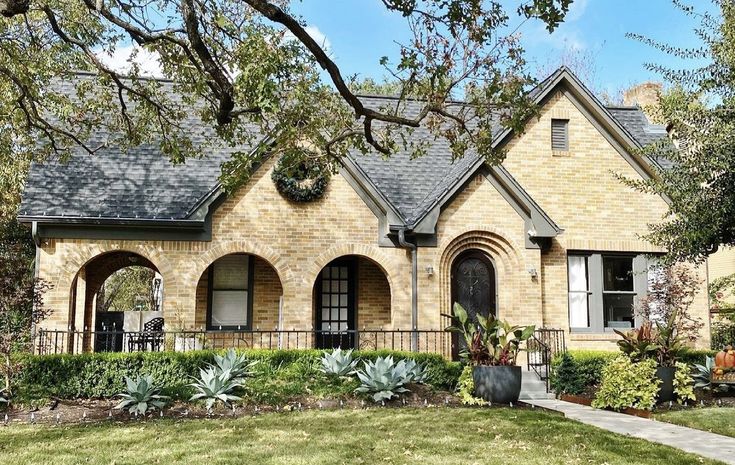
6. Leverage Technology to Save on Costs
Technology can help you save money during your house search. Online real estate websites provide quick access to pricing and property condition details, allowing you to compare multiple options without having to visit each property in person.
Additionally, you can use home inspection apps to assess the condition of the property without paying an expert inspection fee. These tools give you an overview of the house’s potential issues without the added cost.
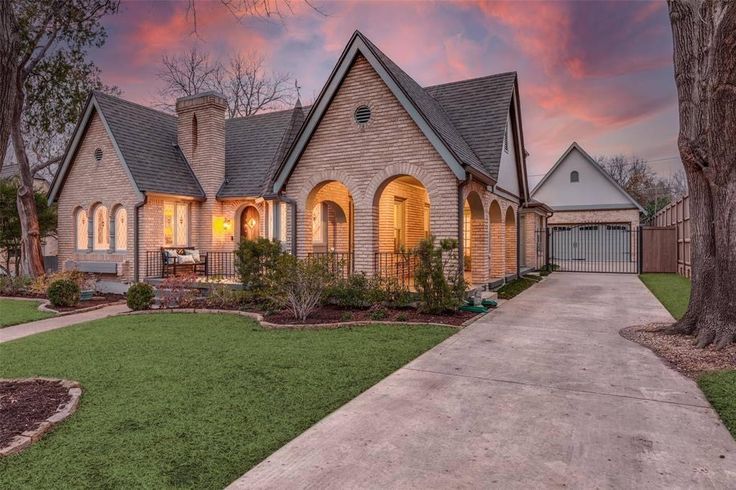
7. Consider Buying Through Auction
One way to save costs is by purchasing a home through an auction. Auction homes are often priced lower than the market rate, but you need to carefully inspect the property’s legal situation and condition before participating. If you’re willing and able to handle repairs and renovations, buying at an auction can be a great way to acquire a property at a bargain price.
Buying a cheap old house can be a fantastic opportunity to own real estate at a low cost. However, to maximize your investment and save money, you need to plan and prepare thoroughly. Researching the market, conducting a thorough inspection, negotiating the price, and utilizing financial assistance are essential steps to ensure you’re getting the most value out of your purchase.

